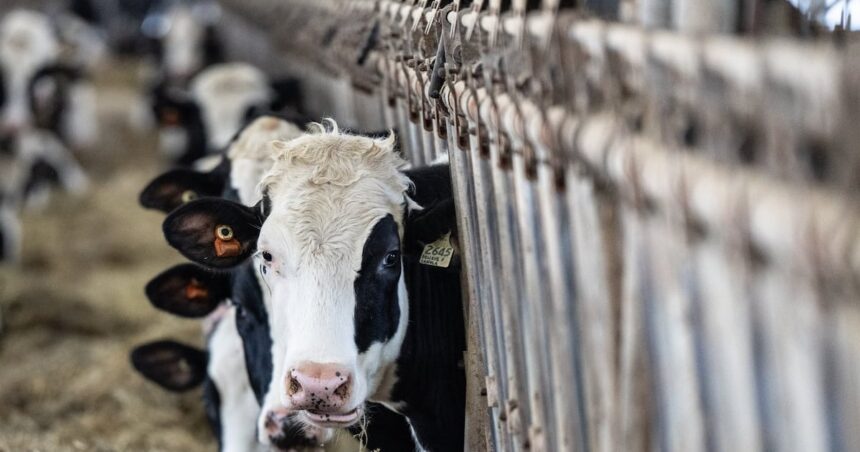In a striking display of cross-party collaboration rarely seen in today’s polarized political landscape, the Bloc Québécois’ supply management protection bill sailed through Parliament yesterday with unprecedented speed and broad support. The legislation, which strengthens safeguards for Canada’s agricultural supply management system, represents a significant victory for the Quebec-based party and the country’s dairy, poultry, and egg producers.
The bill, formally titled “An Act to Protect Canadian Agricultural Supply Management,” advanced from introduction to royal assent in just under three weeks—a remarkable pace for federal legislation. The expedited timeline signals the priority parliamentarians across party lines have placed on protecting what many consider a cornerstone of Canadian agricultural policy.
“This legislation ensures that future trade negotiations cannot undermine the foundation of rural economies across Quebec and Canada,” said Bloc Québécois leader Yves-François Blanchet during the final reading debate. “Supply management isn’t just an economic model—it’s about food sovereignty and the survival of family farms.”
The system, which regulates the production of dairy, eggs, and poultry through production quotas and import controls, has faced increasing pressure during international trade negotiations. Critics, particularly from the United States, have long characterized it as a protectionist measure that limits market access and raises consumer prices.
However, Agriculture Minister Lawrence MacAulay defended the system and the new protections, noting that “supply management provides stability for producers and ensures Canadians have access to high-quality, locally produced food products.” Analysis from the Department of Agriculture indicates that regulated sectors support approximately 221,000 jobs across Canada and contribute $30 billion annually to GDP.
The legislation’s swift passage reflects growing concern about food security across Canadian politics. With global supply chains still experiencing disruptions in the post-pandemic economy, many lawmakers see strengthening domestic food production systems as increasingly critical.
Conservative MPs, traditionally divided on supply management, largely supported the bill. “While we remain committed to free market principles, we recognize the importance of stability for Canadian farmers during these uncertain economic times,” said Conservative agriculture critic John Barlow.
The legislation includes three key provisions: a requirement for parliamentary approval before any trade agreement can alter supply management, enhanced compensation mechanisms for producers affected by market access concessions, and the establishment of a Supply Management Protection Office to monitor international trade pressures.
Economic analysts at the Business Council of Canada note that the bill may have implications for Canada’s ongoing trade relationships, particularly with countries seeking greater access to Canadian agricultural markets. “This creates additional hurdles for trade negotiators,” said economist Martha Thompson. “However, it also provides clarity regarding Canada’s position, which may actually facilitate more straightforward negotiations.”
For Quebec’s agricultural regions, which account for approximately 40% of Canada’s dairy production, the legislation represents a significant win. According to provincial data, supply-managed sectors in Quebec alone support over 83,000 jobs and contribute $8.2 billion to the provincial economy.
As implementation begins, the question remains: in an era of increasing global market integration and pressure for trade liberalization, can Canada continue to maintain this distinctive approach to agricultural production, or will international economic forces eventually necessitate reform?


















